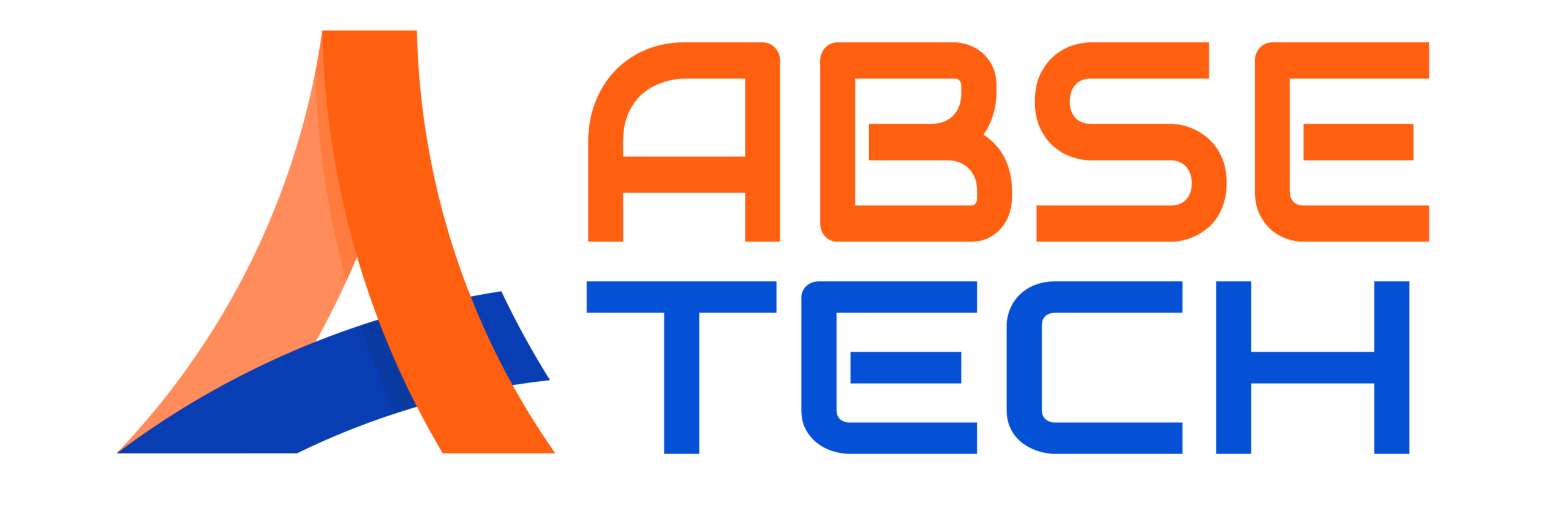Introduction
The world of software development is evolving at a rapid pace. Businesses today depend on software to improve efficiency, connect with customers, and remain competitive in global markets. However, the technologies driving software development are not the same as they were a decade ago. New innovations are changing the way developers create, test, and deliver applications.
In 2025 and beyond, emerging technologies in software development are expected to define how organizations operate digitally. From automation and artificial intelligence to cloud-native architectures, the future is filled with opportunities. This guide will explore the top 5 technologies that are shaping software development and explain what businesses need to know to stay ahead.
1. Artificial Intelligence (AI) and Machine Learning (ML)
AI and ML have become the foundation of modern digital transformation. In software development, they are being used not only to create smarter applications but also to improve the development process itself.
How AI is changing software development:
- Code Generation: AI-powered tools can now write, review, and suggest code, helping developers work faster.
- Predictive Analytics: Software solutions can predict customer needs, helping businesses create personalized experiences.
- Automated Testing: AI can detect bugs and vulnerabilities faster than manual testing.
Transitioning to AI-driven development allows businesses to build intelligent applications that continuously learn from user behavior. This technology is already enhancing e-commerce, finance, healthcare, and logistics, making it one of the biggest game changers.
2. Cloud-Native Development
As more businesses migrate to the cloud, cloud-native development is becoming the preferred way to build scalable and reliable applications. Instead of running software on traditional servers, developers now design apps specifically for the cloud.
Benefits of cloud-native software:
- Scalability: Applications automatically adjust to handle more users or data.
- Cost Efficiency: Pay-as-you-go models reduce infrastructure costs.
- Flexibility: Developers can deploy updates and new features faster.
- Resilience: Built-in redundancy ensures apps remain available even during outages.
Technologies like Kubernetes, Docker, and serverless computing are making cloud-native development more accessible. In the future, most businesses will rely on cloud-native applications for agility and growth.
3. DevOps and Automation
Traditional software development often struggled with delays between development and operations. DevOps has solved this challenge by uniting the two functions and using automation to accelerate delivery.
How DevOps and automation are shaping the future:
- Continuous Integration and Deployment (CI/CD): Developers release updates faster with fewer errors.
- Automated Testing Pipelines: Every code change is checked instantly, reducing bugs.
- Monitoring and Feedback: Tools track performance in real-time, ensuring reliability.
By 2025, businesses that adopt DevOps automation will gain a competitive edge. They will be able to release updates faster, maintain security, and meet customer demands efficiently.
4. Blockchain Technology
While blockchain is often associated with cryptocurrencies, its applications in software development go far beyond finance.
Key uses of blockchain in software:
- Data Security: Blockchain ensures data cannot be altered without transparency.
- Smart Contracts: Automated contracts execute once conditions are met, saving time and reducing errors.
- Decentralized Applications (dApps): These apps run on blockchain networks, improving security and transparency.
Industries like supply chain, healthcare, and digital identity management are already leveraging blockchain. As security becomes a top priority in 2025, blockchain will play a critical role in trust-based software systems.
5. Low-Code and No-Code Platforms
Another revolutionary trend is the rise of low-code and no-code platforms. These tools allow businesses to build software applications with minimal coding knowledge.
Advantages of low-code/no-code development:
- Speed: Applications can be built in weeks instead of months.
- Accessibility: Non-developers can create apps to solve business problems.
- Cost Savings: Reduces dependency on large development teams.
- Integration: Many platforms integrate easily with existing systems.
While complex enterprise software still requires skilled developers, low-code/no-code platforms enable rapid prototyping and empower small businesses to innovate. In the future, this technology will make software development more inclusive and faster than ever before.
Bonus: Other Technologies Driving Software Development
While these five stand out, several other innovations are shaping the industry:
- Internet of Things (IoT): Connecting devices and data to build smarter environments.
- 5G Technology: Enabling faster, real-time communication for mobile apps.
- Augmented Reality (AR) and Virtual Reality (VR): Transforming industries like education, healthcare, and entertainment.
- Quantum Computing: Though still emerging, it promises breakthroughs in data processing.
Each of these technologies will play an important role in shaping how businesses build software in the coming years.
How Businesses Can Prepare for the Future
Adopting these technologies requires planning and expertise. Here are practical steps businesses should take:
- Invest in AI and automation tools for development and marketing.
- Migrate to cloud-native environments for greater scalability.
- Implement DevOps practices to speed up delivery.
- Explore blockchain solutions for secure transactions and records.
- Empower teams with low-code/no-code tools for faster innovation.
Transitioning to future-ready software development will allow businesses to stay competitive in a rapidly changing digital landscape.
Why Partner with ABSE Tech
At ABSE Tech, we help businesses embrace the future of software development by integrating emerging technologies into custom solutions. Our team specializes in:
- AI-powered applications and predictive analytics.
- Cloud-native development with Kubernetes and serverless computing.
- DevOps automation for faster deployment.
- Blockchain-enabled solutions for security and transparency.
- Low-code/no-code platforms for rapid digital transformation.
With our expertise, we deliver innovative, scalable, and cost-effective solutions that give your business a competitive advantage.
Final Thoughts
The future of software development is being shaped by groundbreaking technologies like AI, cloud-native development, DevOps, blockchain, and low-code platforms. Businesses that adopt these innovations will gain speed, security, and scalability in their digital transformation journey.
As the industry moves forward, those who invest early in these technologies will be positioned for long-term success. The future belongs to businesses that are ready to innovate, adapt, and grow.
Are you ready to transform your business with the latest technologies in software development? At ABSE Tech, we specialize in building future-ready software solutions that leverage AI, cloud-native tools, DevOps, blockchain, and more. Let us help you prepare for the future with cutting-edge strategies.
Head Office: 18000 Pioneer Blvd, Suite #203, Artesia, CA 90701
Phone: +1 (562) 513-6250
Email: absetech@gmail.com, info@absetech.com
Website: absetech.com
Contact ABSE Tech today and take the first step toward building future-ready software solutions.



